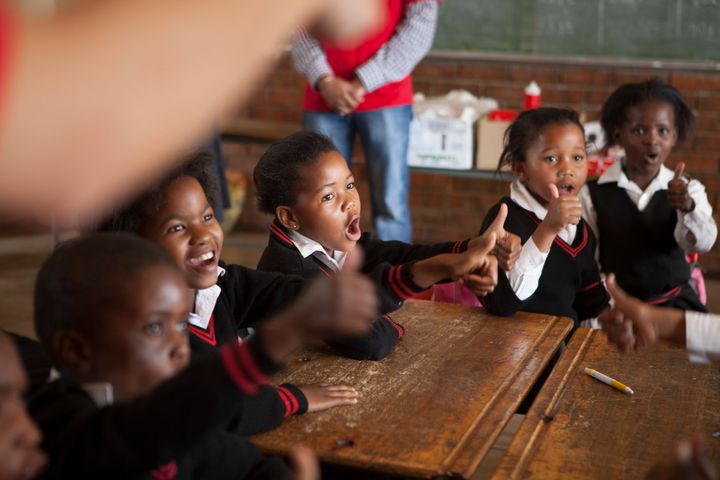
LONDON, Oct 15 (Thomson Reuters Foundation) - The failure of many people in many countries to wash their hands with soap - one of the cheapest and most effective health interventions - could hinder global development, the United Nations children's agency (UNICEF) said on Thursday.
More than 800 children die every day from diarrhoea caused by inadequate access to water or poor hygiene, the United Nations estimates.
"Along with drinking water and access to toilets, hygiene - particularly hand washing with soap - is an essential ...(part) of (achieving) the (development) goal on water and sanitation," Sanjay Wijesekera, head of UNICEF's water, sanitation and hygiene programmes, said in a statement.
In the majority of countries in sub-Saharan Africa, the region with the highest child mortality rates, only about half the population wash their hands and even health clinics often lack hand-washing facilities, UNICEF said.
Some 42 percent of healthcare facilities in Africa have no water source within 500 metres, UNICEF said in a statement marking Global Handwashing Day.

"From birth - when unwashed hands of birth attendants can transmit dangerous pathogens - right through babyhood, school and beyond, hand washing is crucial for a child's health. It is one of the cheapest, simplest, most effective health interventions we have," Wijesekera said.
World leaders adopted 17 Sustainable Development Goals (SDGs) at the United Nations in September as a way of focusing on the world's most troubling development problems, including access to water and sanitation.
UNICEF said that improvements in hygiene should supplement action to provide better access to water and sanitation, otherwise children would go on dying from easily preventable diseases.
(Reporting by Magdalena Mis, editing by Tim Pearce.Please credit Thomson Reuters Foundation, the charitable arm of Thomson Reuters, that covers humanitarian news, women's rights, corruption and climate change. Visit www.trust.org)
